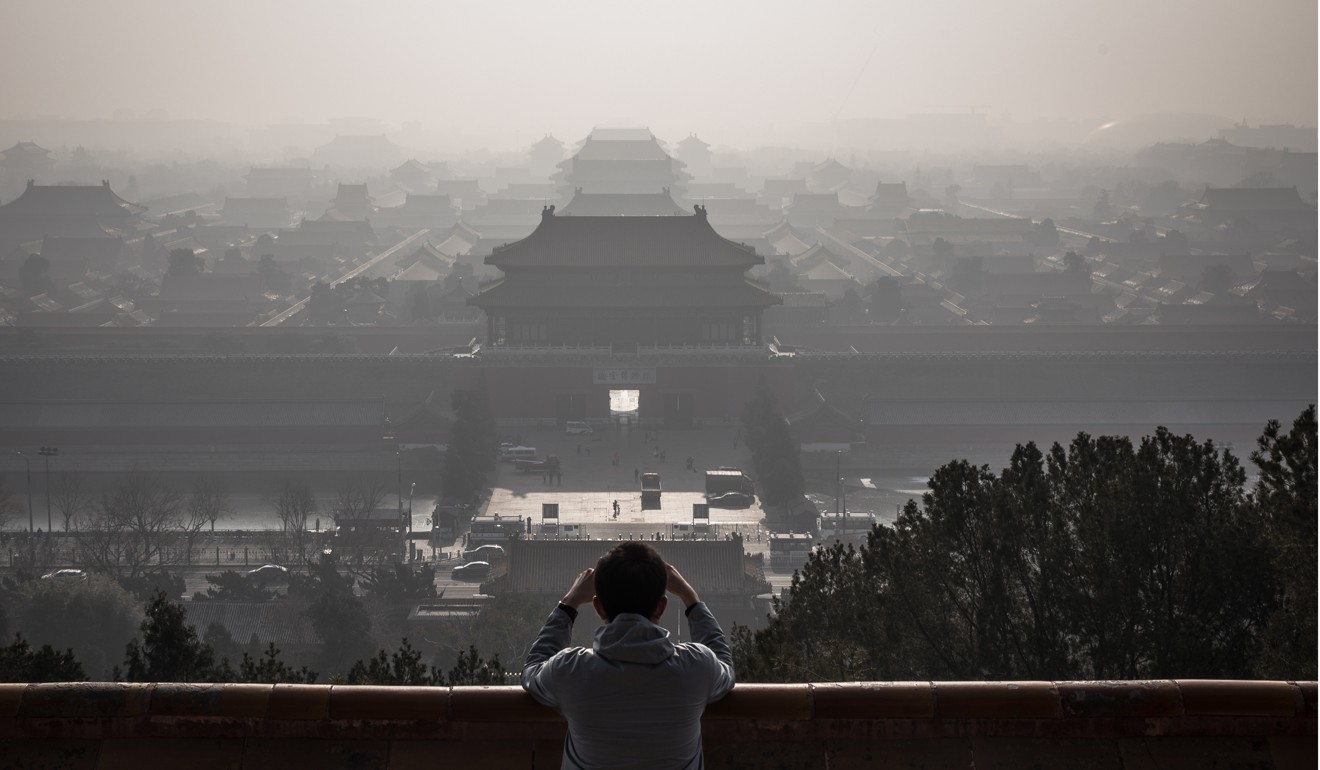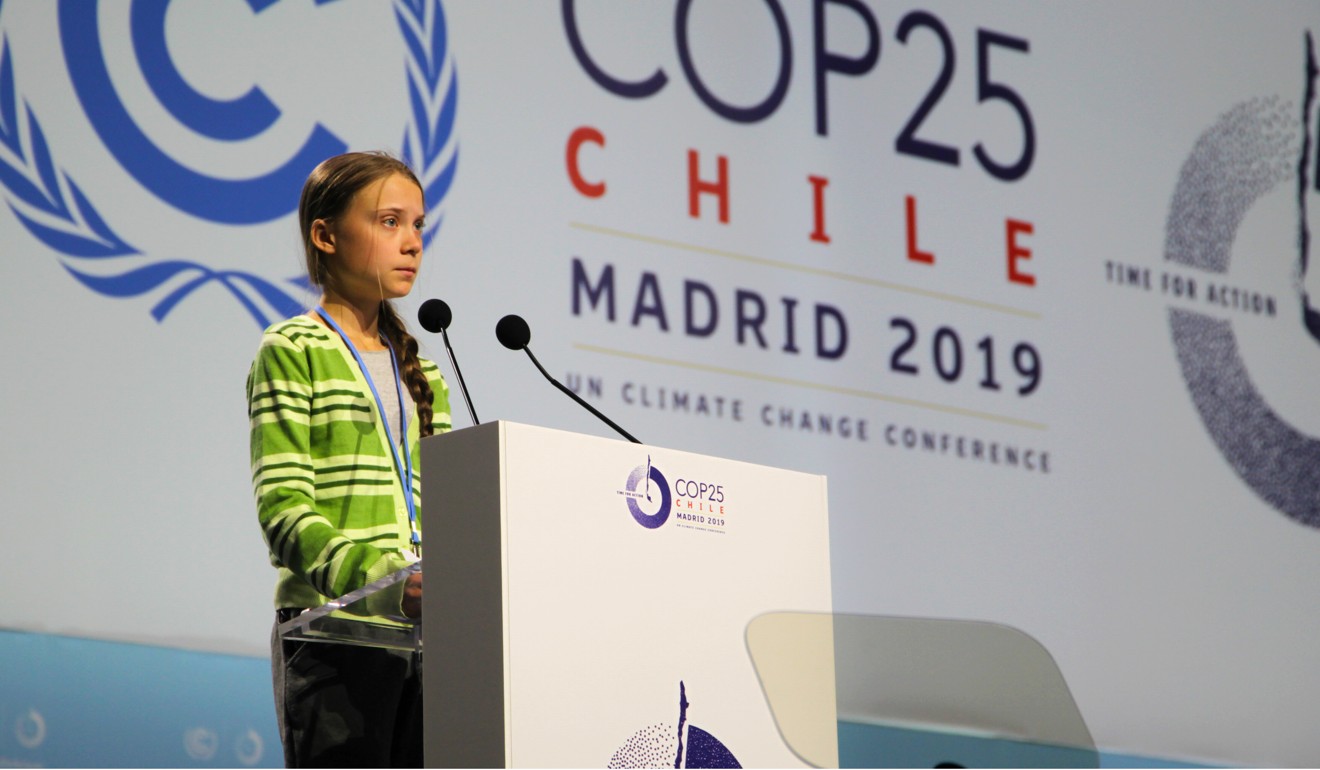
China has led a group of four major developing economies in attacking “imbalances in the negotiations” at COP25, the United Nations convention on climate change in Madrid, Spain, calling on wealthier nations to provide more funding to deal with the environmental crisis.
Nearly 200 countries are scrambling to reach agreement before the conference, which has been in session since December 2, draws to a close on Friday. The joint statement by China, Brazil, South Africa and India on Wednesday laid bare major differences in financing and carbon markets rules between the more- and less-developed countries.
“[The four] countries have already set forth climate policies and contributions reflecting our highest possible ambition, above and beyond our historical responsibilities,” the signatories contended. “The time for action is now, and not next year or thereafter.”
A Chinese delegate, speaking on condition of anonymity, said: “Time is running out and we need to put some pressure on the [developed] countries to try to reach some agreement.”

Zhao Yingmin, who leads the Chinese delegation, said on Wednesday that developed countries “should provide new, extra support based on public funds … the strength of which should correspond with the level of efforts of developing countries.”
China remained committed to rolling out a nationwide carbon markets scheme in 2020, he said.
The tension on the negotiating tables aside, COP25 – which moved to Spain after Chile was rocked by social unrest last month – had quite a buzz when teenage Swedish climate activist Greta Thunberg addressed an event on Wednesday, the same day she was named Person of the Year by Time magazine.

Creating a global carbon market has proved to be the trickiest question for COP25 participants, as they try to clarify the sixth article of the Paris Agreement, an accord reached exactly four years ago and signed in 2016 dealing with the mitigation of greenhouse gas emissions, adaptation and finance.
At the time, 196 nations signed the accord, but in 2017 US President Donald Trump said he would pull the world’s largest economy out of it, and last month took the formal step of announcing the withdrawal, making the US the only country on the planet not part of the agreement.
Behind the scenes in Madrid, UN experts and representatives of developed countries cited China – the world’s biggest producer of carbon dioxide emissions – for doing too little in reducing its reliance on coal power plants.
A study published last month by the US-based Global Energy Monitor said China’s coal power capacity has grown by more than 4.5 per cent over the past two years, despite a worldwide decrease in use of the fossil fuel.
Brazil was also blamed for lacking commitment to preserving the Amazon rainforest. In the past 18 months the world’s largest tropical forest has shrunk by nearly 10,000 square kilometres (3,860 square miles), according to Brazil’s space agency. Scientists say the Amazon plays a critical role in removing carbon dioxide from the atmosphere.

As the world’s leading developing economies, Brazil, China, India and South Africa formed the “Basics” group in 2009 to negotiate their climate change positions. At their latest meeting in August, state leaders urged developed economies to pay for climate mitigation and lower their own emissions “in light of their historical responsibilities”.
At COP25, the quartet said wealthier nations had failed to help developing countries deal with rising carbon emissions, and had not followed through with financing and technology development for poorer states to switch over to less polluting power sources.
“There has been a lack of progress on the pre-2020 agenda, adaptation and issues related to means of implementation support, in the form of climate finance, technology transfer and capacity building support … This imbalance needs to be immediately rectified,” they said.
The 2020 target is a key element in the Paris accord.
According to the four countries, commitments made by developed nations in the pre-2020 period “must be honoured” despite the US withdrawal because they are essential in “building the basis for mutual trust and ambition in the post-2020 period”.
The call came as the European Union on Wednesday rolled out a green deal that set out its own ambition to make Europe a “climate neutral continent” by 2050 – defined as not adding greenhouse gases to the atmosphere beyond what can be absorbed.
“This is Europe’s ‘man on the moon’ moment,” European Commission president Ursula von der Leyen said in a statement.
As well as calling for decarbonising the steel industry and reducing emissions from transport, the EC said it would propose a European “climate law” by March to enshrine the measures for the 28 members of the EU.
Among the proposals is a controversial carbon border tax that would punish countries lagging behind the EU in their emissions-cutting targets, including China. The tax could damage the “cooperative atmosphere of the international community for delivering the Paris Agreement”, He Jiankun, an adviser to China’s negotiating team at COP25, said last week.







